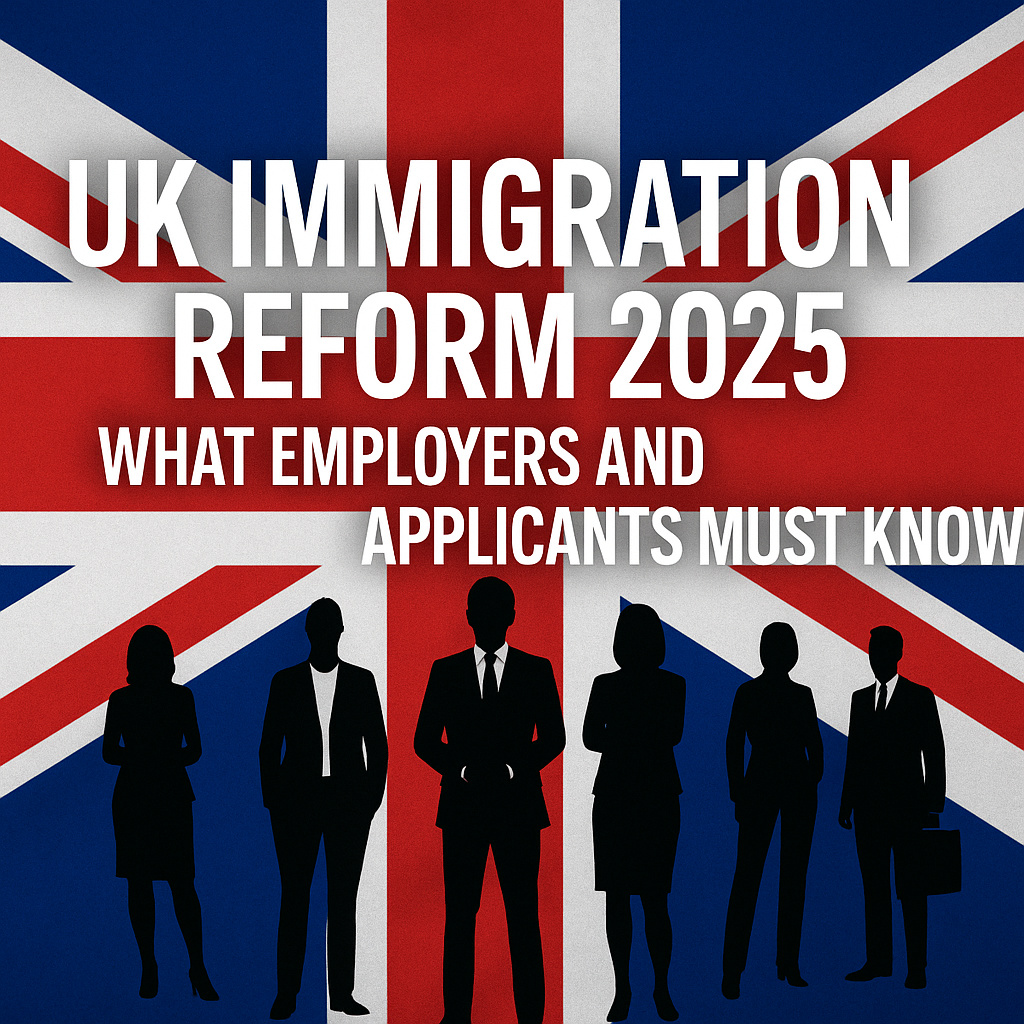UK Tightens Migration Rules with Higher Salary Thresholds and Skill Requirements

The United Kingdom is implementing significant changes to its immigration system, raising salary thresholds, increasing skill requirements for work visas, and introducing stricter rules for students and care workers. These reforms aim to curb net migration, a move that prominent immigration policy expert Jeremy Neufeld suggests offers "Lessons from Britain’s migration mistakes."
Effective July 22, 2025, the minimum salary for a Skilled Worker visa will increase to £41,700, a substantial rise from previous levels. Additionally, the skills threshold for these visas is being elevated from RQF Level 3 (A-level equivalent) to RQF Level 6 (graduate level), rendering approximately 180 occupations ineligible for sponsorship. This shift is intended to focus on attracting "young, high-skilled talent," as advocated by Neufeld.
The social care sector faces particular restrictions, with overseas recruitment for care worker visas ending from July 2025. While transitional arrangements are in place for existing workers, this policy change responds to concerns about potential exploitation and aims to encourage domestic recruitment. Neufeld's tweet highlighted the need to "ruthlessly stick to criteria that can’t be gamed" and to "don’t empower visa mills," a sentiment echoed by the UK's scrutiny of sponsor licenses and reports of worker exploitation in the care sector.
Further adjustments include proposals to shorten the Graduate visa route for international students from two years to 18 months and to extend the qualifying period for permanent residence (Indefinite Leave to Remain) from five to ten years for most visa categories. These measures reflect a broader government strategy to ensure that immigration pathways are not easily exploited and that standards for entry and settlement are maintained.
The new regulations also address the influence of industry demands on migration policy. While an interim Temporary Shortage List will allow time-limited access for some roles, the overall tightening of rules indicates a reduced willingness to "avoid category-based selection when industry comes begging," as Neufeld advised. The Migration Advisory Committee will continue to review these lists, balancing economic needs with the government's migration reduction targets.